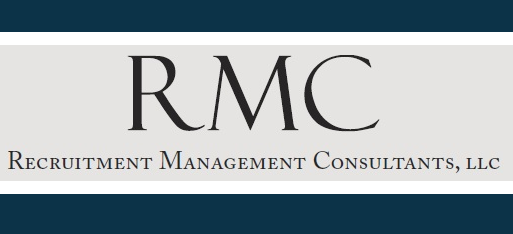Developing Your Personal Brand
Developing Your Personal Brand
How many times does someone ask “what do you do?” and you tell them you work in “IT” (Information Technology) and the listener proceeds to ask for help with their computer, iPhone, or even their entertainment system. Or better yet, you tell the person your job title, which, if we all confessed is vague at best and doesn’t really tell the person what we do. I’ve been guilty of giving both as answers to the question “What do you do?” However, all I’ve done with these types of responses is leave the person I’m speaking with to draw their own conclusions. We are developing our brand whether we recognize it or not, whether we are intentional about it or not, it is happening with the people we encounter each day. Personal branding is the ongoing process of establishing a prescribed image or impression in the mind of others.
Companies brand its products; you see it in logos, jingles, and messaging; when you hear the name Stanley Steamer, it probably doesn’t take long for the jingle to start playing in your head. When people hear your name, what do you want them to remember? You can help define the impression left with others by communicating your personal brand.
Now, I’m a Project Manager by profession; however, I recently attended a conference and one of the topics was creating a Personal Brand. It gave me time to reflect on what my personal brand is as a Project Manager and how I can help my project team members build on their brand by the mark they leave on a project. There are three things you can do to start building your personal brand; (1) know yourself; (2) know your goals; and (3) develop your story.
Before you can share with others the great work you do, you need to be honest with yourself and find out what makes you “you”. It’s being purposeful and mindful of who you are and what you’re about and determining your career passion. Once you have established this in your mind, it becomes easy to share with others.
Second, you need to have a clear set of goals. Have a plan of where you want to be professionally in six months, a year and five years; these can change, but putting your goals in writing begins to help formulate the type of brand you want to convey when communicating with co-workers, leadership, and customers about your abilities. Goals don’t have to be learning a new skill or getting a promotion, a goal can be strengthening your current skill set to make you more valuable or mentoring a team member, which can give you experience as a leader.
Lastly, develop your personal brand by telling your story (also called an “elevator pitch”) about what you are passionate about. If the career you are in right now is not where your passions lay, then communicate your passion about the goals you have set. Keep your story short, memorable, and know your audience. Depending on who you are communicating with may determine what types of words you choose to use, technical “IT” language or common words so not to lose your audience. Then write it down or better yet, build a personal brand board (you can find examples online when you google “personal brand boards”).
All of us perform much better in our jobs and life when we are passionate about something, we have a clear path of where we want to go, and some idea of how to get there. So, the next time someone asks you ‘what do you do?’, you can give an answer that will leave a lasting impression.
Lastly, I would like to thank Summer and Lydia from Michigan State University who conducted a lecture on this subject – it was very informative and provided the basis for this article.
Deb Fair is a PMI Certified Project Manager with over twenty-five years experience as a project management consultant in manufacturing, pharmaceutical, higher education, and services industry.

